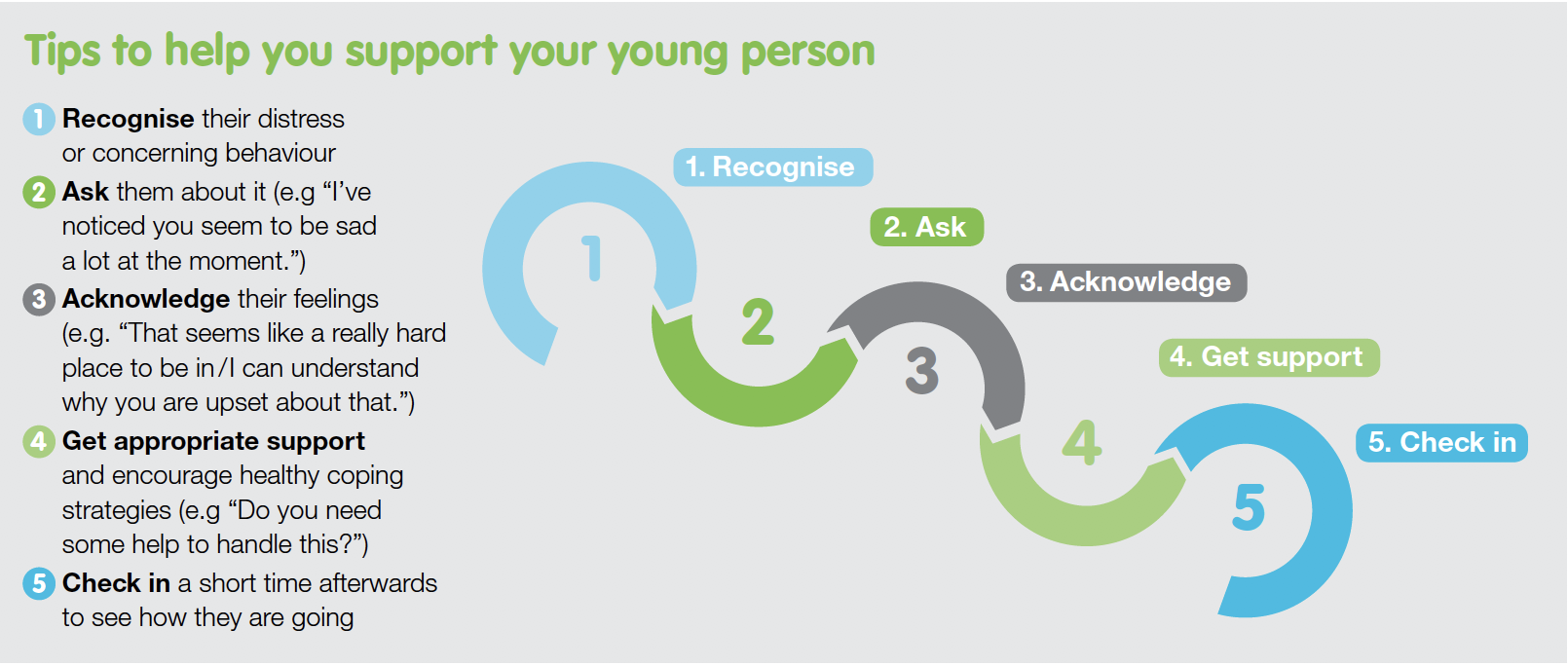WELLBEING

Supporting your young person during the school holidays
Holidays can take students away from friends and their usual school supports. Changes to routine can cause some young people to feel stressed, isolated and alone. Parent support is very important at this time. The document attached below, provide some information to help you support young people to stay in a healthy headspace in school holidays. This may help you to identify when your young person might need some extra support and where you should turn to for help.
Katherine Lazarus
College Chaplain
Welcoming our new four-legged friends
It is with great pleasure that we can announce that two therapy dogs, Ziggy and Bowie, will be joining the wellbeing team for 2019 and beyond. Similar to service dogs, therapy dogs are highly trained and required to meet certain standards of testing procedures before they can become qualified. However, their specific roles are quite different. Service dogs are trained to perform assistance tasks that help their handler deal with disabilities they may face, which is commonly seen through seeing-eye dogs. These dogs have a no “petting” policy and are strictly for the benefit and daily support of their handler. In comparison, therapy dogs have a responsibility to provide psychological and physiological support to individuals other than their handlers. Therapy dogs are encouraged to interact with a wide range of people while they are ‘on-duty’ and under the guidance of their owner/handler.
Benefits of therapy dogs in schools
Research provides strong evidence to suggest that in response to student hardship/trauma, therapy dogs can help facilitate a reduction of post-traumatic stress, depression and anxious symptomology across a range of presenting cases. Specifically, the presence of therapy dogs has been proven to have the ability to reduce cortisol levels within the brain (stress hormone), which is important given heightened cortisol levels can strongly disrupt both our learning and memory. The introduction of therapy dogs within a session can provide a student with a safe and comforting support figure to explore their issue with.
Within the school setting, recent findings suggest that therapy dogs are beneficial for students with social and emotional needs and their presence has even resulted in clear literacy development. Further benefits include increased attendance, increased confidence, increased motivation toward school and an increase in ability to express emotions which has a direct effect on positive relationships with peers and teachers. This final benefit is developed by the trusting relationship formed with a therapy dog that consistently provides unconditional love and support.
The ‘pet effect’ exists
Research shows that pet owners not only provide companionship but also directly correlates with increases in quality of life. Positive effects of pet ownership/contact have been found to influence multiple components of our overall health including our:
Physical Health
• Lower heart rate
• Lower blood pressure
• Lower cholesterol and overall heart health
Psychological Health
• Decreases loneliness
• Increases empathy
• Increases trust
• Increases confidence
Social Health
• Increased sense of connection
• Proven to be a social enabler
• Provide companionship to vulnerable people
We are thrilled that Ziggy and Bowie will be onboard for next year, as we strongly believe they will be a vital part of our team for many years to come. The dogs will be an important tool we can implement to help facilitate positive outcomes and provide a comforting presence for students in need.
Timothy Blacker
ACU Student Counsellor


